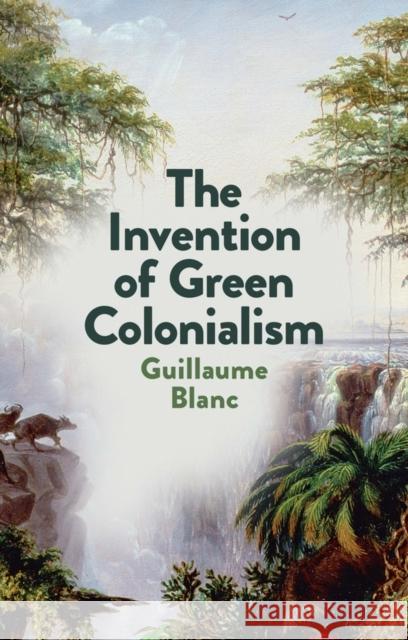The Invention of Green Colonialism » książka
topmenu
The Invention of Green Colonialism
ISBN-13: 9781509550890 / Angielski / Miękka / 2022 / 180 str.
The Invention of Green Colonialism
ISBN-13: 9781509550890 / Angielski / Miękka / 2022 / 180 str.
cena 87,75
(netto: 83,57 VAT: 5%)
Najniższa cena z 30 dni: 83,44
(netto: 83,57 VAT: 5%)
Najniższa cena z 30 dni: 83,44
Termin realizacji zamówienia:
ok. 22 dni roboczych.
ok. 22 dni roboczych.
Darmowa dostawa!
Kategorie:
Kategorie BISAC:
Wydawca:
John Wiley and Sons Ltd
Język:
Angielski
ISBN-13:
9781509550890
Rok wydania:
2022
Ilość stron:
180
Oprawa:
Miękka
Wolumenów:
01
Dodatkowe informacje:
Bibliografia











